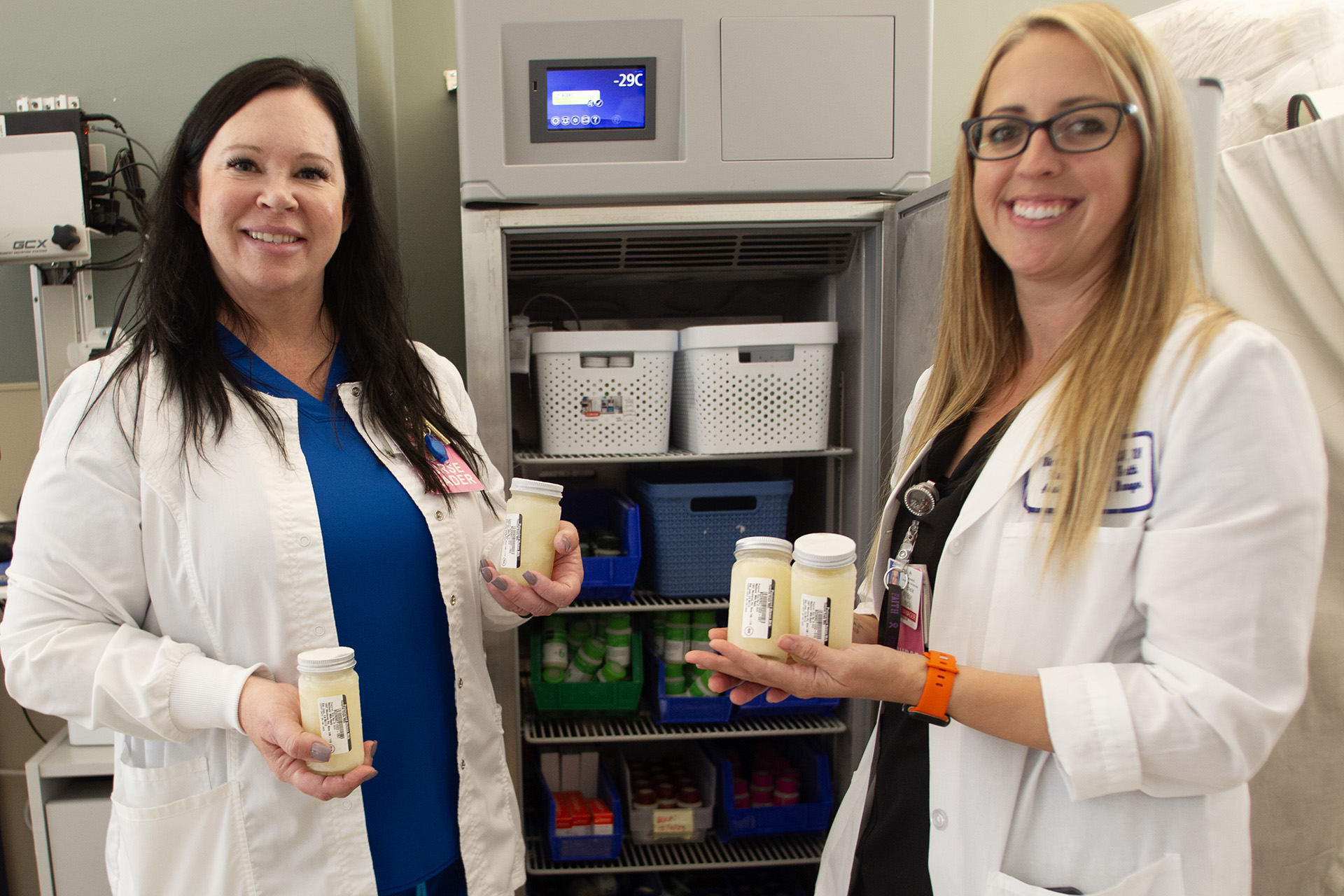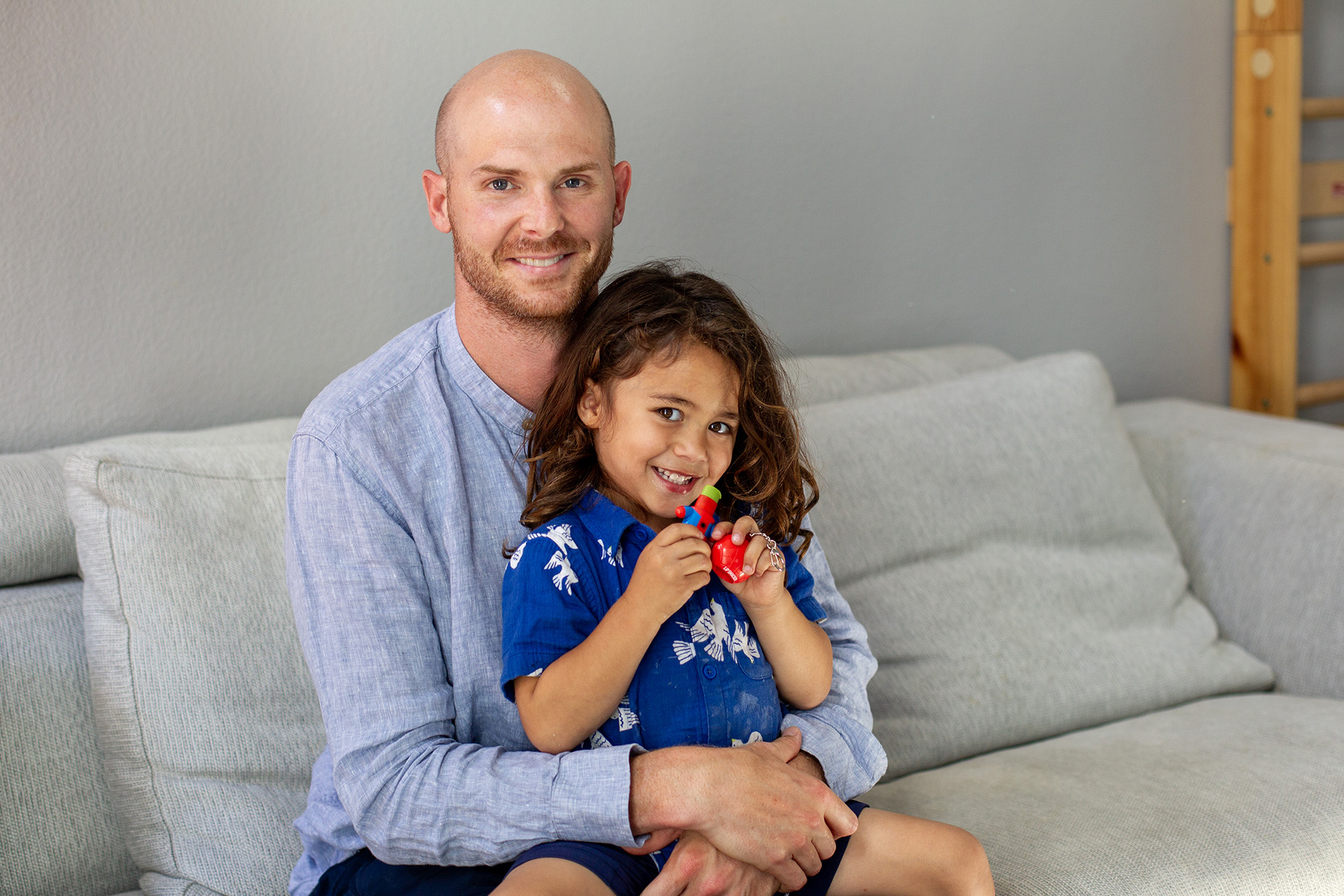Nearly 50 Kaiser Permanente mental health clinicians and religious leaders from predominantly African American churches met within a context of mutual respect to discuss better ways to collaborate to serve their constituents. Pictured above, left to right, Chinue Brown, PsyD; Reverend Floyd Thompkins, vice president, Innovation and Online Education, San Francisco Theological Seminary; Peter Goldblum, PhD, project manager of Project Trust; Jeannie Celestial, PhD, a Kaiser Permanente Vallejo psychologist and MHTP Diversity and Inclusion liaison who co-organized the event.
The overarching goal of the May “Trust and Collaboration Dialogue” meeting was to bridge the gap between clergy and mental health providers and to reduce mental illness stigma among the African American community.
The meeting was jointly organized by the Kaiser Permanente Northern California Mental Health Training Programs’ Diversity and Inclusion Committee and Project Trust, which is an exploratory program that aims to connect spiritual communities, historically marginalized groups and mental health providers.
In the past couple years, the regional Mental Health Training Programs (MHTP), under the leadership of Kathryn Wetzler, PsyD, have taken a greater role in engaging in the communities that Kaiser Permanente serves in Northern California.
What Is Project Trust?
Project Trust is funded by Kaiser Permanente Northern California Community Health Programs through an Innovation Grant to the San Francisco Theological Seminary’s Applied Wisdom Institute.
The May 2 event was interactive and experiential. Participants learned about institutional and professional barriers to collaboration among faith leaders and mental health providers. They discussed the importance of earning the trust of African American community members to build rapport and provide culturally sensitive care.
Dialogue participants also explored the impact of historical harms, or trauma, on the mental health of African American clients. The dialogue aimed to improve clinicians’ and clergy’s ability to serve African American communities.
“It was so eye-opening to learn from the church pastors and from other providers about how they would handle a hypothetical client’s case,” said Chinue Brown, PsyD, a Kaiser Permanente Antioch Mental Health and Wellness Department and MHTP diversity and inclusion liaison. “It was my first time sitting down with clergy and clinicians in such an intimate and team-based way.
For more information, go to https://kp.org/psychtraining and https://innovation.sfts.edu/project-trust/




